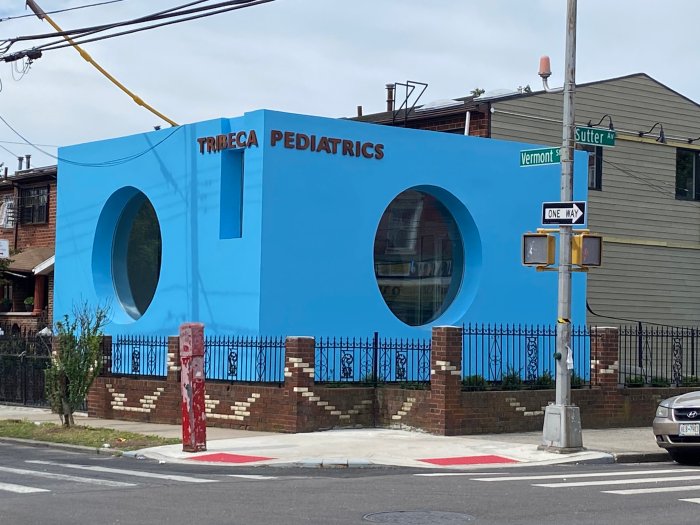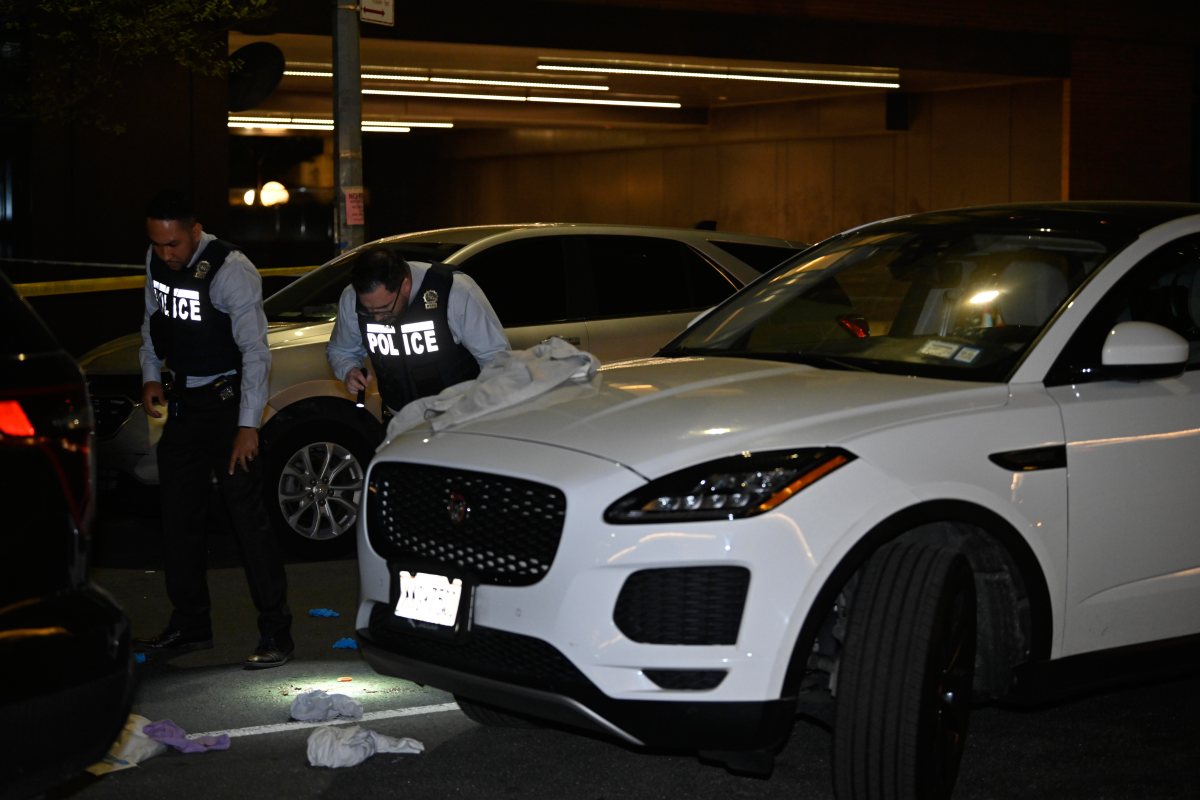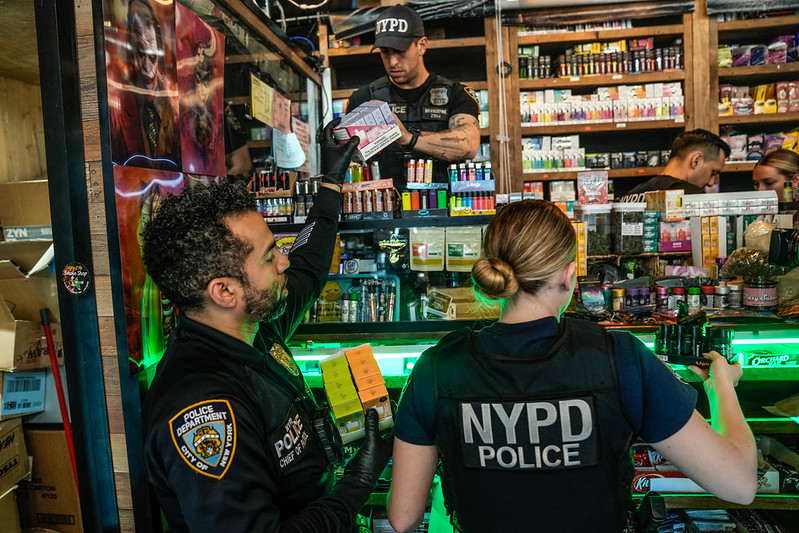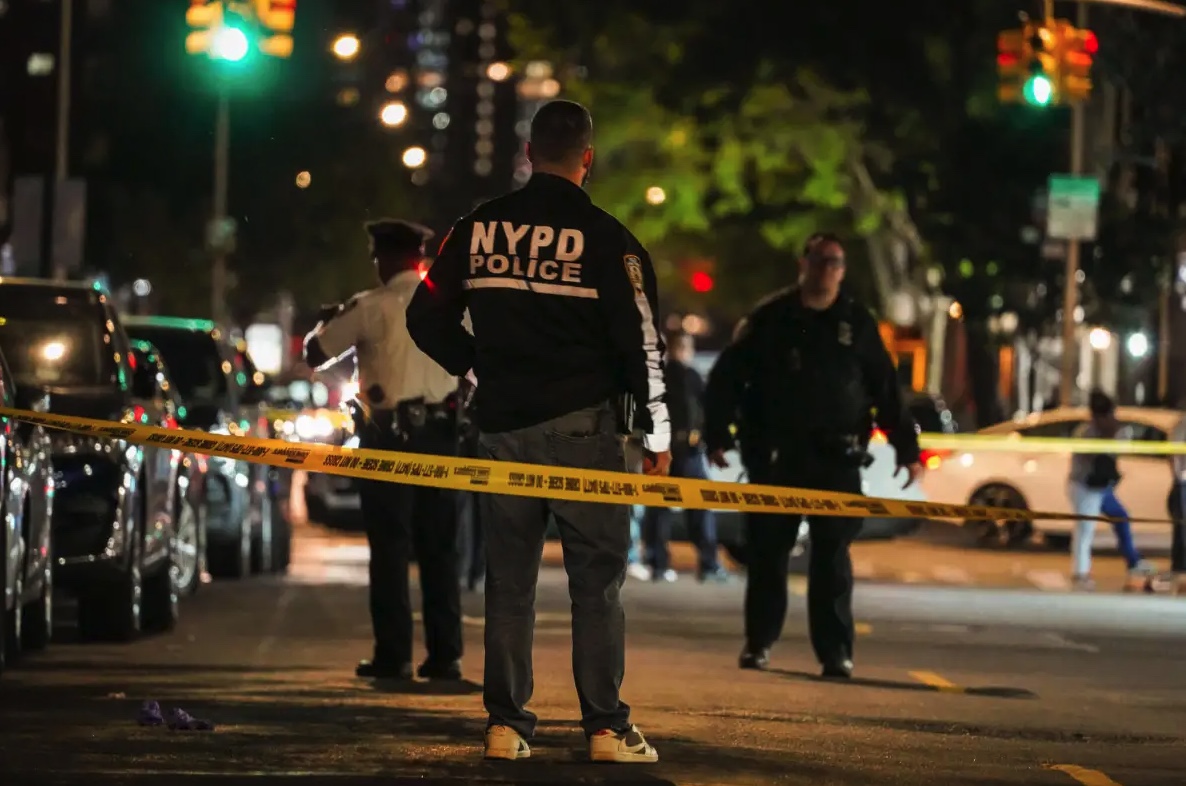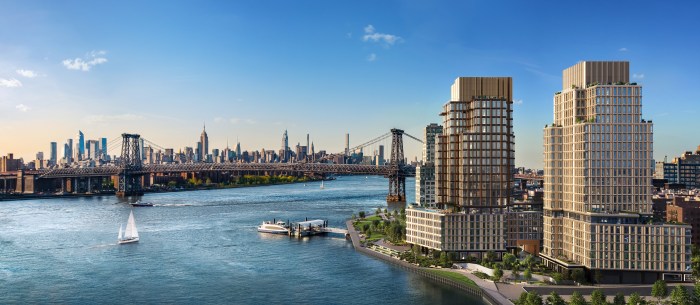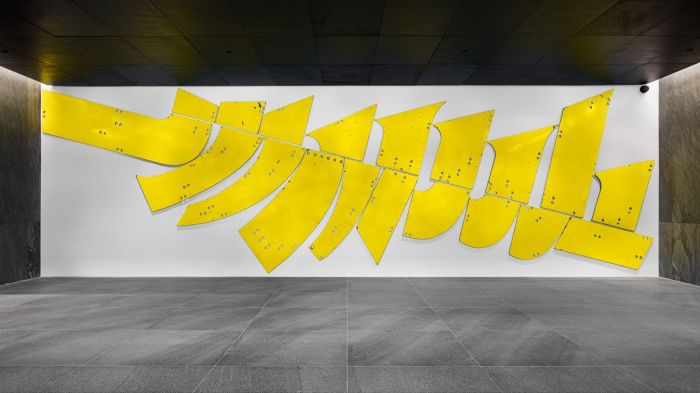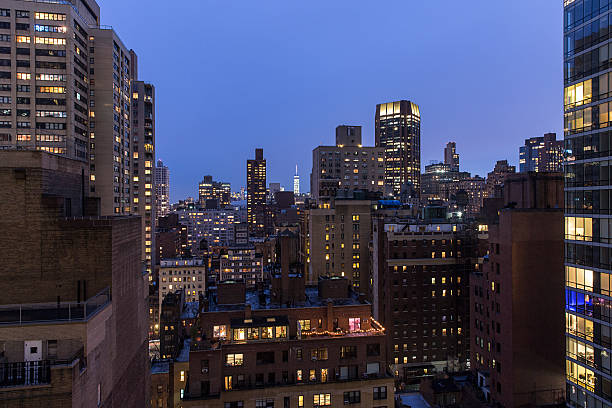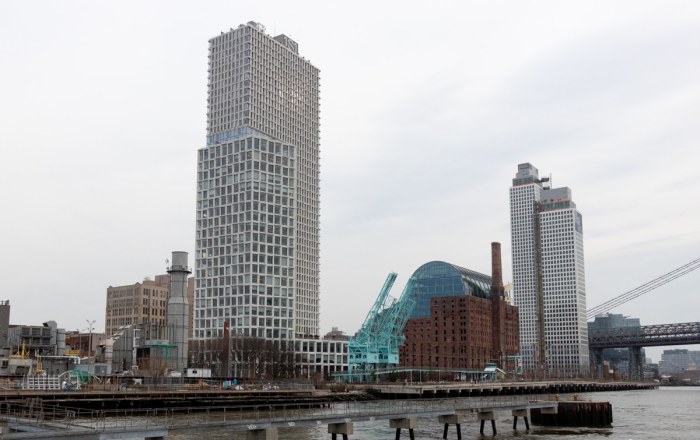Hold the sugar!
Critics of the $1.5-billion redevelopment of the former Domino Sugar factory into 2,200 units housing sued the city and the project’s developer last week to reverse the rezoning of the waterfront site.
The suit, filed in State Supreme Court by the Williamsburg Community Preservation Coalition, argues that the City Council, Department of City Planning, and the project’s developer, Community Preservation Resources Corporation, failed to conduct the required thorough environmental review of the project.
The suit was first reported on Monday in The Real Deal.
The 34-page lawsuit contends that the review “failed to take a hard look at the adverse environmental impacts of the project,” including its deleterious effect on traffic, nearby schools and subway lines, and publicly accessible open space.
An attorney for the plaintiffs argued that the city approved the plan based on an “artificial analysis.” The project that the City Council ultimately passed promised that 30 percent of the units would be priced at below-market rates but only required 20 percent of the project comprise such units.
“Either lock in the 30 percent … or realistically redesign the project to an appropriate scale,” said Jeff Baker, an attorney representing the plaintiffs. “We believe the project is oversized for the area and not necessary. I don’t believe the applicant ever intended to do it to 30 percent.”
An executive with the project’s developer dismissed the lawsuit, saying she was “confident that the rigorous and comprehensive review process culminating in the approval of the New Domino complied with all applicable legal requirements.” A city spokeswoman said basically the same thing.
Six plaintiffs, which include Domino opponents Stephanie Eisenberg, a metal working factory owner and real estate developer; and Brandon Cole, a screenwriter, signed onto the lawsuit, which was filed last Wednesday.
In his testimony to the City Planning Commission in April, Cole argued that the developer should consider 50 percent below-market rate units while calling the architectural design of the project “mediocre.”
“When I look at this proposed development I ask myself two basic architectural questions: does it fit on the land and does it connect to its surroundings,” said Cole. “My answer to both these questions is no, it doesn’t do either one.”
But the Planning Commission gave its unanimous approval to the project on June 7 and a key city council committee hammered out what would be the final design on the project three weeks later.
The project, conceived five years ago, could take more than a decade to complete. Construction on the first part of the project, an upland parcel on S. Fourth Street and Kent Avenue, is scheduled to begin late next year — pending litigation, of course.





